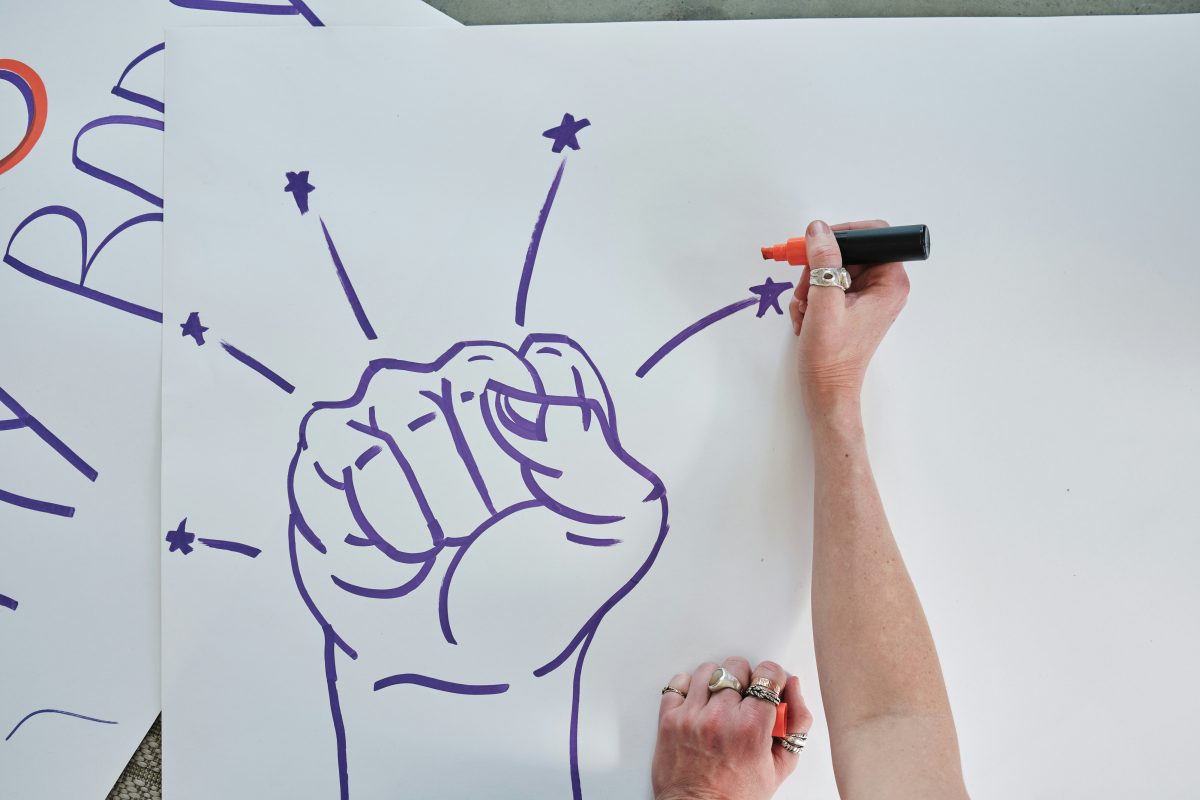Introducing the Third Annual ‘Women in International Law’ Symposium
On the occasion of the International Women’s Day, celebrated annually on the 8th of March, Völkerrechtsblog celebrates women in international law with the annual ‘Women in International Law’ symposium. The latter takes place every year during the week of the 8th of March and hosts blog posts, interviews and/or podcasts on topics relating to women’s rights, feminist approaches to international law and the struggles of female scholars in international legal academia. This year, the symposium features contributions received following a Call for Papers, which was one of the various initiatives and Calls for Contributions that have been recently undertaken for the analysis of women’s rights in international law and academia.
The third annual ‘Women in International Law’ symposium will primarily focus on current developments and persisting risks affecting women and the enjoyment and protection of their rights, as well as developments affecting persons, who face the same or similar struggles as women. Considering the significant impacts of ongoing conflicts, the initial contributions of the symposium will focus on the deficiencies and potential of International Humanitarian Law (IHL) in addressing these challenges. Nonetheless, subsequent symposium contributions will also emphasise other contemporary issues and recent developments in human rights and refugee law.
In this vein, Hannah Nieratzky will kick off the symposium with an analysis on the protection afforded to prisoners of war with diverse sexual orientations and gender identities under IHL. Following this analysis and based on a contextual interpretation of relevant IHL provisions and an overview of relevant jurisprudence and practice, the author additionally argues that States, which are not parties to a conflict, are obliged to take measures to ensure compliance with IHL provisions on the protection of such prisoners of war.
Subsequently, Erin Lyons will highlight the intersection of vulnerable identities that women and girls with disabilities find themselves in during armed conflict, which impedes their equal enjoyment of IHL guarantees. Against this background, her contribution will argue for a human-rights-based approach to the protection of women and children with disabilities in armed conflict, which offers a more inclusive alternative framework of protection. Alessia Mandaglio will then underline that despite experiences of conflict-related sexual violence, women’s mobilisation and participation in the Guatemalan peace process was significant. In this light, the author will also stress the importance of policies empowering survivors and fostering more inclusive and resilient post-conflict societies.
In her contribution, Sai Harshini Valluri will underline the incompatibility of the Indian Armed Forces Special Powers Act of 1958 with Indian and international law and will call for the state’s acceptance of and compliance with international law in this context. María Emilia Lehne Cerrón will then give prominence to the forced sterilization which systematically took place in Peru between 1996 and 2000 and will argue that prosecutions for this policy is essential for the acknowledgement of its gravity and for the closure of a persisting impunity gap.
Selin Altay will then accentuate the instrumentalization of public health for the implementation of discriminatory policies. To this end, she will use the example of the Turkish Law on Foreigners and International Protection, which incorporates ‘public health’ as a prerequisite for refugees to not face removal decisions and, thus, has tremendous impacts on refugee sex workers in Turkey. Moreover, Ioanna Pervou will stress the gender-related motives and gendered impact of various enforced disappearances that have taken place since 2000 and will call for a feminist perspective on the matter in research and international institutions’ work.
Additionally, Lea Kuhlmann, this will argue that to ensure equality for women, girls, and all persons with a menstrual cycle, international human rights must ensure that everyone with a menstrual cycle can fully enjoy their human rights. Finally, Jessica Holl will contend that Supply Chain Laws are a useful venue for implementation of international norms on women’s rights and will draw attention to the recommendations that the CEDAW Committee proposed to Germany with regard to the German Supply Chain Act, as well as to the missed opportunities in this context.
We wish all of you an exciting read!

